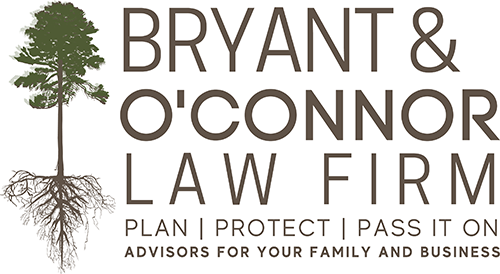Hello, friends. Today, we’re going to discuss an aspect of real estate law that often takes people by surprise: In Georgia, title to real property does not automatically pass from a deceased spouse to the surviving spouse. Understanding this could mean the difference between maintaining ownership of your home and facing unexpected challenges. In short, just because you’re married does not mean that your husband or wife is getting your home.
When a person passes away without a will – known as dying intestate – Georgia law outlines a specific process for distributing their assets. While many believe that a surviving spouse automatically inherits the property, the reality can be more complex. In fact, if there are children involved, they may end up with an interest in the property.
The Reality of Property Ownership
To illustrate, imagine a husband and wife, living and owning a home together. If the husband passes away without a will, the wife may expect to automatically inherit the property. However, under Georgia law, the children of the decedent may also have an interest in that property. This situation can lead to complex legal issues, even within close-knit families.
Joint Tenancy with Right of Survivorship
So, what’s the solution? One option is to establish a joint tenancy with right of survivorship. In this arrangement, co-owners hold equal shares of the property, and upon one owner’s death, their share automatically transfers to the surviving owner(s). Importantly, this occurs regardless of whether or not there’s a will.
However, just because you’re co-owners doesn’t mean you automatically have survivorship rights. To set up a joint tenancy with right of survivorship, you need to explicitly state it in the deed. It is essential to review your deed and ensure it provides the protection you think it does.
Revocable Living Trusts
Another option to consider is a revocable living trust. This estate planning tool allows you to place your property into a trust during your lifetime, with the ability to alter or revoke it as needed. Upon your death, the property is passed directly to your designated beneficiaries without going through probate. Not only can this provide a seamless transition of ownership, but it can also help avoid potential disputes amongst heirs.
Seek Legal Counsel
The nuances of estate planning can be complex, but understanding these details is crucial in preserving your property and ensuring it is passed down according to your wishes. It’s always recommended to seek the advice of a knowledgeable attorney to discuss these matters. We do our best to fix mistakes people make when they do it themselves, but often the damage is done. Remember, a proactive approach to estate planning with a trusted attorney can protect your family and provide peace of mind. While these conversations can sometimes be difficult, they are an essential part of planning for the future.
Please note: This article is for informational purposes only and does not constitute legal advice.

